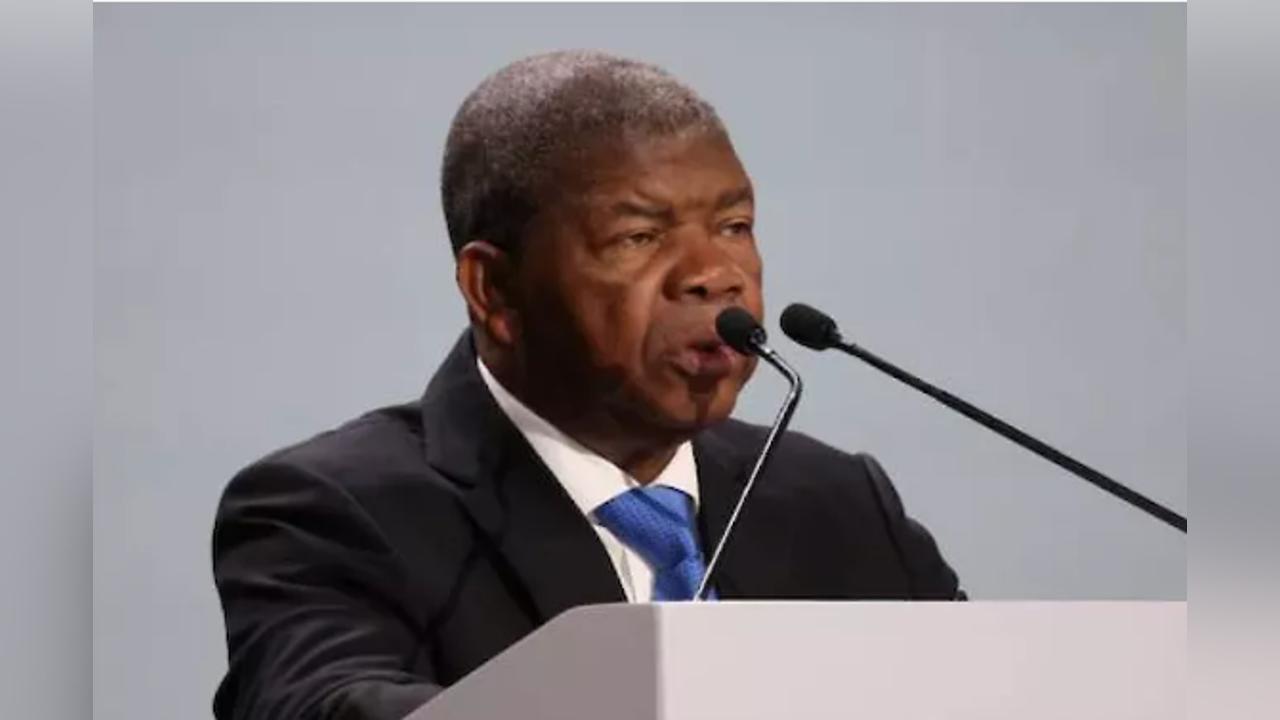Africa-Press – Angola. The African Union’s Agenda 2063 aims to transform Africa into an industrialized, integrated and economically sovereign continent, the organization’s President, João Lourenço, declared Monday in Seville, Spain.
During his speech at the 4th International Conference on Financing for Development, the Angolan President said that these objectives are absolutely achievable if more agile and functional mechanisms are found to mobilize financial resources to address the recurring challenges faced by developing countries.
Lourenço stressed that Africa has abundant natural resources to make the leap that is within its reach and thus contribute to strengthening the global economy and resolving the various types of crises that the world is facing.
According to the AU president, it is in this context that Angola is resolutely committed to mobilizing internal resources, strengthening fiscal governance and combating capital flight, giving great importance to the United Nations Convention on International Taxation.
Lourenço said negotiations have made encouraging progress and should continue, as this is a historic opportunity to correct the imbalances in the global tax system and ensure fair representation of developing countries in international tax decision-making processes.
João Lourenço stressed that Africa continues to face the fact that it is one of the most vulnerable regions but, paradoxically, one of the least responsible for greenhouse gas
emissions.
The AU president argued that this aspect requires that the continent be given the attention it deserves, providing it with a significant increase in climate finance for the adaptation and mitigation process, support for the fair energy transition and incentives for the conversion of debt into concrete environmental actions, since climate resilience must go hand in hand with debt relief and the construction of sustainable economic models.
Lourenço pointed to the Seville Conference as a crucial moment for reflection on aspects related to global sustainable development and for making decisions that can drive the implementation of the actions contained in the African Union’s Agenda 2063.
He stressed that the idea of designing a new financing model based on economic justice and inclusion makes this Conference an important milestone in the change of vision, on the basis of which it will be possible, from now on, to provide Africa with the resources and conditions necessary to accelerate its transformation.
“I believe that this Conference will make decisions and recommendations that will enable African countries to have easier access to sustainable investments and financial operations that would reduce the costs of borrowing and contribute to strengthening their influence in global financial governance,” Lourenço said.
Organized by the United Nations, the Seville conference brings together more than 60 world leaders and around 4,000 representatives of civil society, with the aim of finding concrete solutions to global imbalances in development.
Taking place under the motto of equity and economic justice, the meeting will discuss new forms of financing and international cooperation, ten years after the adoption of the Addis Ababa Action Agenda.
The current model has failed to deliver on its promises to the most vulnerable populations, the UN warned.
The global development financing gap is estimated at 4 trillion US dollars per year, with reforming the rules of the international financial system being a key focus of the debate.
For More News And Analysis About Angola Follow Africa-Press






